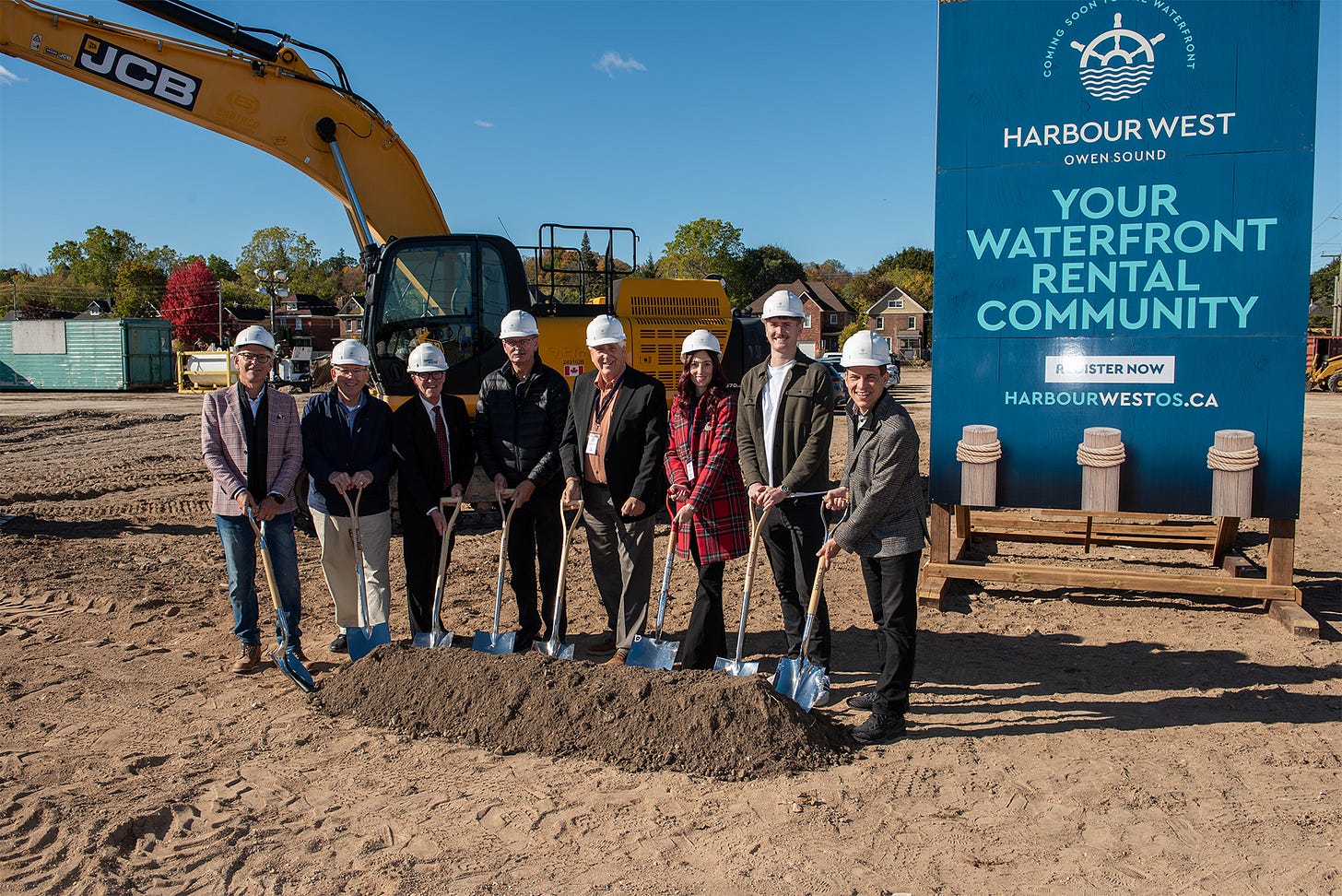Question Period: Why Getting Answers from City Hall Matters
In Owen Sound, the principles of transparency, integrity, and accountability are being tested as the Mayor refuses to answer questions about conduct, transparency, and public engagement.
EDITORIAL

Keep reading with a 7-day free trial
Subscribe to The Owen Sound Current to keep reading this post and get 7 days of free access to the full post archives.


